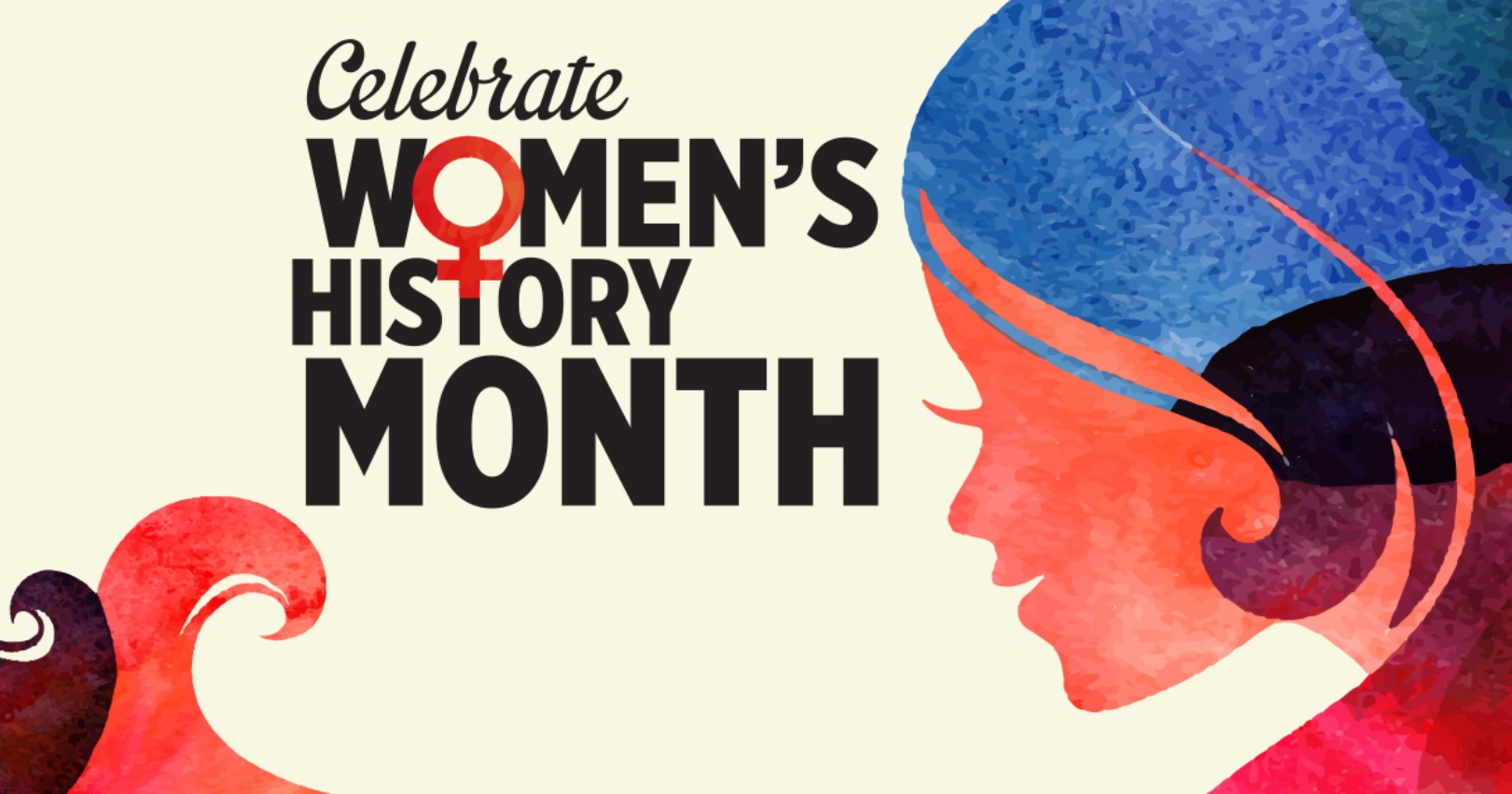We are 3 months into the new year and I don’t know how the year is moving for you but […]

Food culture and religion
We got to see yesterday that culture dictates the type of food eaten by a particular set of people of […]

